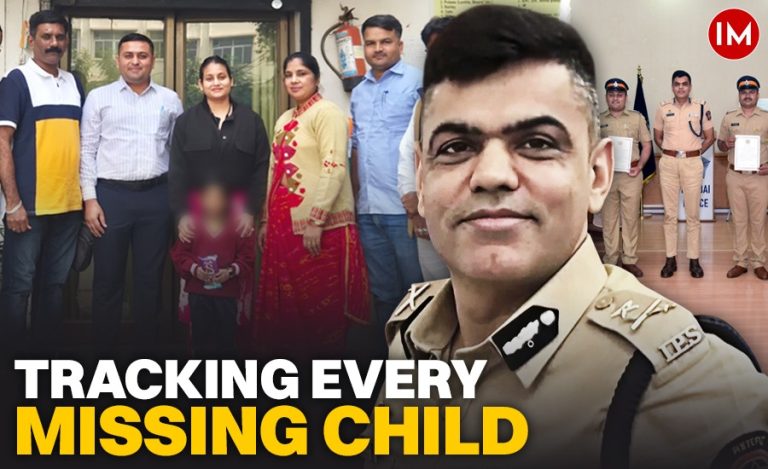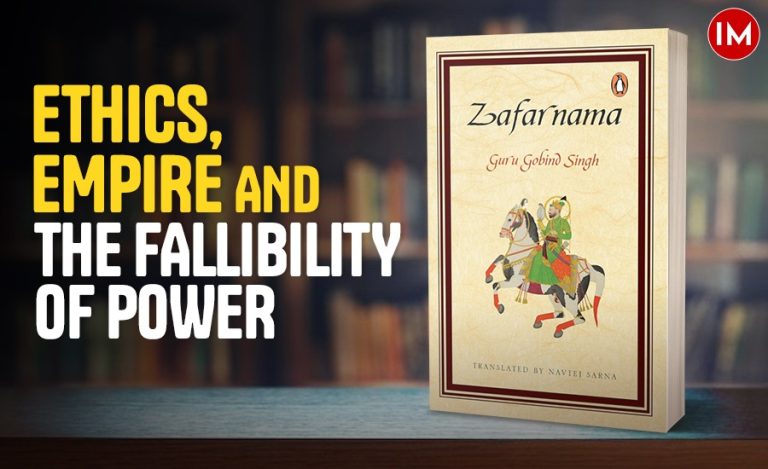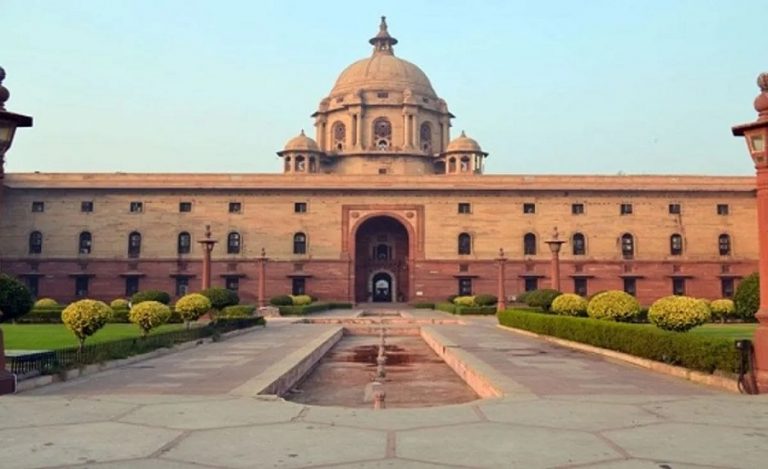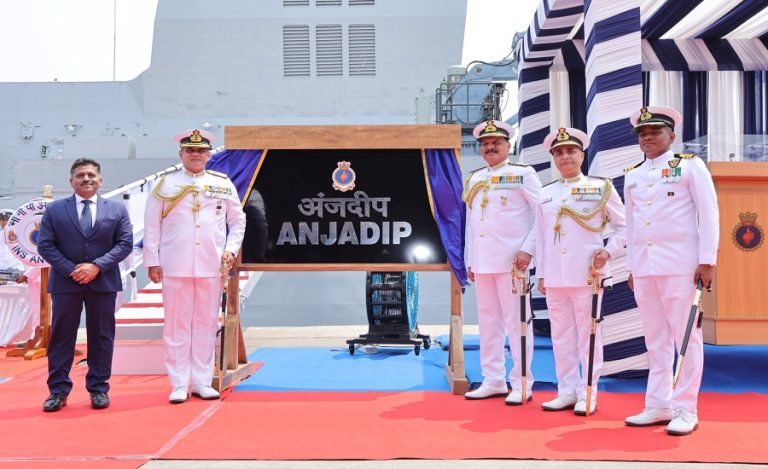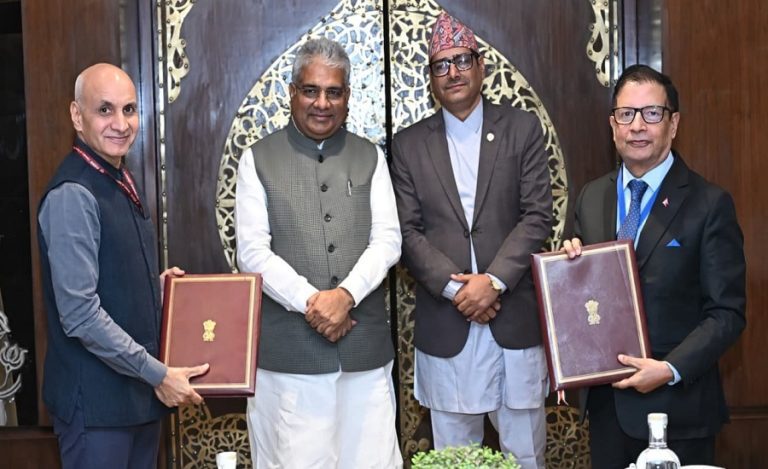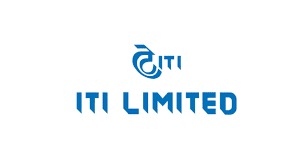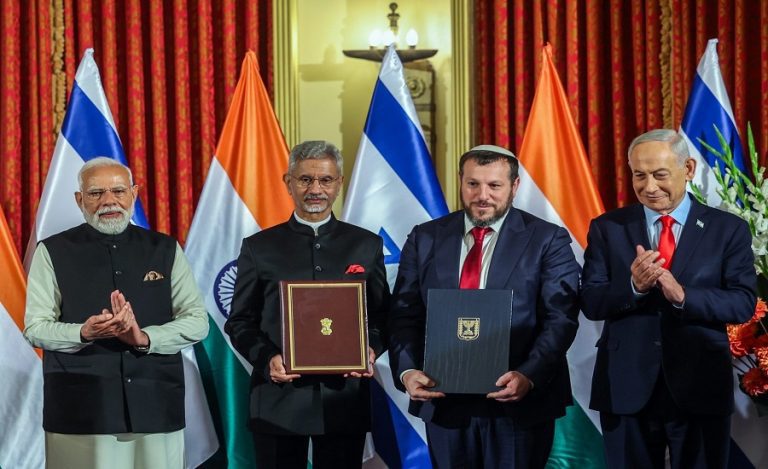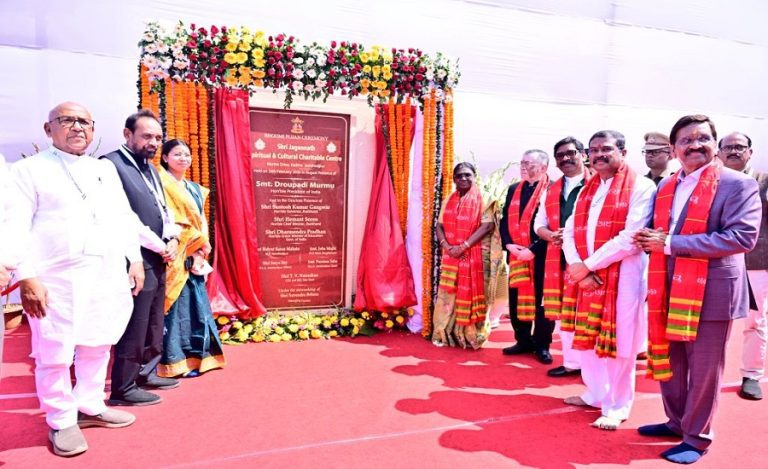Every year, the sacred hill shrine of Sabarimala in Kerala witnesses a staggering influx of over 5 million pilgrims during its peak season, with an average of 60,000–80,000 devotees visiting the temple daily and numbers soaring to over 100,000 on peak days. Amid such a massive gathering, managing logistics, ensuring safety, and facilitating convenience has always been a Herculean task. However, 2024 marks a turning point with the introduction of the “SWAMI Chatbot,” a groundbreaking WhatsApp-based digital assistant that integrates technology with pilgrimage, ensuring safety, accessibility, and efficiency.
Conceptualised and launched by 2017 batch IAS officer Prem Krishnan (Kerala Cadre), District Collector of Pathanamthitta—under whom Sabarimala falls—the SWAMI Chatbot is the first-of-its-kind initiative in India for religious tourism. “Sabarimala represents both faith and responsibility. We realised that the lack of consolidated information was a key hurdle for pilgrims. SWAMI bridges this gap, providing real-time assistance while leveraging cutting-edge digital tools,” IAS Prem Krishnan shared with Indian Masterminds.
KEY FEATURES OF SWAMI CHATBOT
Accessible via a simple WhatsApp interface, the SWAMI Chatbot offers services in six languages—English, Hindi, Malayalam, Tamil, Kannada, and Telugu—ensuring inclusivity. Pilgrims can send a “Hi” to the chatbot’s designated number to access a host of services:
1. Temple Services: Pilgrims can check temple opening times, pooja schedules, and prasadam availability.
2. Travel & Navigation: Directions to nearby temples, airports, railway stations, and bus stops make the journey seamless.
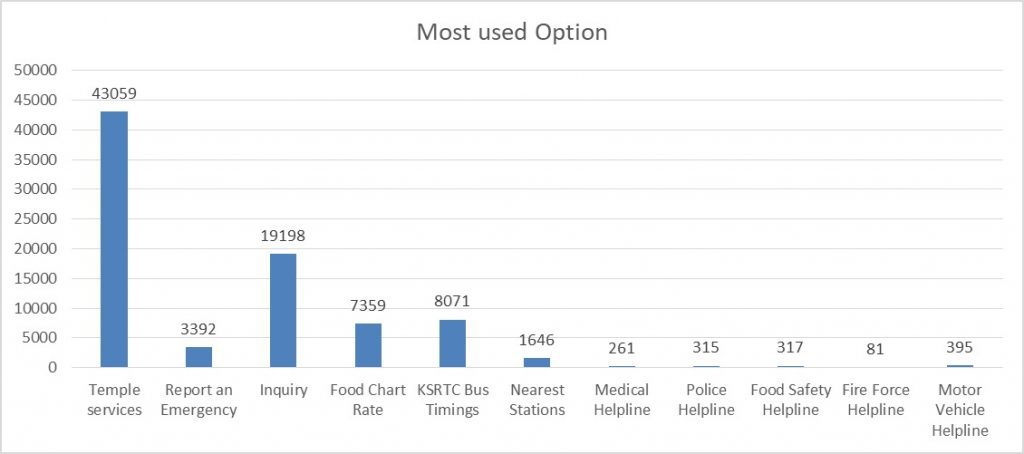
3. Accommodation Booking: The chatbot links to platforms for booking accommodations and virtual queue slots.
4. Utility Information: Food safety guidelines, KSRTC bus timings, and fixed-price food charts are available.
5. Emergency Assistance: A centralised emergency feature enables instant alerts for medical, police, fire, and other critical services.
6. Real-Time Weather Updates: Pilgrims can check hyper-localised weather conditions at key points such as Sannidhanam and Pamba, based on IMD’s real-time data.
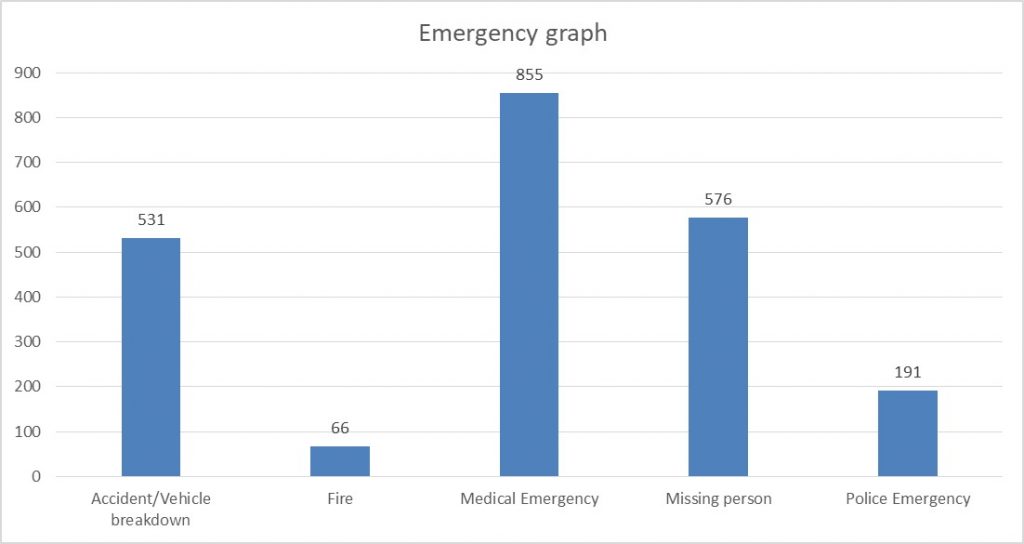
Since its launch on November 15, 2024, the chatbot has garnered over 100,000 subscribers and successfully managed 2,200 emergencies.
CASE STUDIES: SWAMI IN ACTION
The SWAMI Chatbot has proven its mettle in real-world scenarios, transforming the way emergencies are handled during the pilgrimage.
Case 1: A Missing Pilgrim Rescued in Seconds
Anil, a 24-year-old pilgrim from Alathur, was separated from his group after sustaining injuries near Sharamkuthi. His family, panicked and unable to reach him, used SWAMI’s emergency feature. Within seconds, the chatbot alerted the Nilakkal Emergency Operations Centre (EOC). Coordinated efforts between the EOC and ground teams ensured Anil was located and rescued swiftly. “The chatbot’s quick response saved us hours of anxiety. It was a lifeline,” his father said.
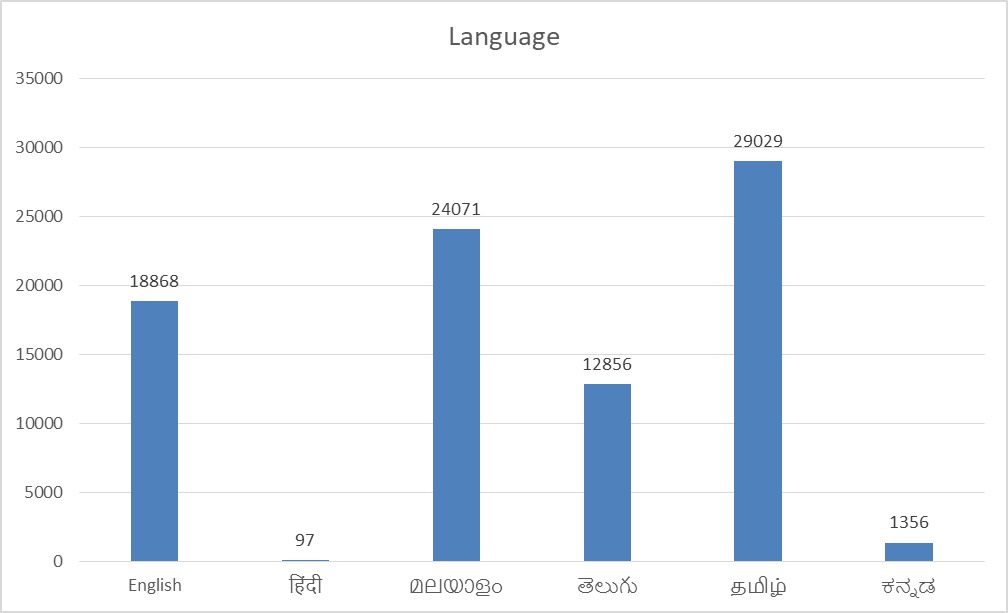
Case 2: Medical Emergency Handled with Precision
A devotee, Dileep, reported a critical medical emergency using the chatbot. His mother had collapsed near Saramkuthi, experiencing severe breathing difficulty. SWAMI’s prompt alert mobilised medical teams at Sannidhanam Hospital, where she was stabilised after treatment for high blood pressure. The swift action, completed in under three minutes, highlights the bot’s efficiency.
Case 3: Vehicle Breakdown Resolved
A group of devotees from Kannur faced a vehicle breakdown near Edappal, Malappuram. The SWAMI Chatbot enabled them to report the issue directly to local authorities, who arranged for a mechanic. The devotees resumed their journey without significant delay, expressing gratitude for the chatbot’s intervention.
CHALLENGES AND OVERCOMING BARRIERS
Developing and deploying the chatbot wasn’t without hurdles. Initial debates revolved around whether to create a dedicated app or integrate services into WhatsApp. The latter was chosen for its familiarity and wide user base. Another challenge was WhatsApp’s pricing model, which charged 30 paise per conversation. However, after discussions with Meta, the fee was reduced to 3 paise.
Additionally, ensuring reachability to millions of pilgrims required strategic campaigns. “We utilised social media, influencers, and bulk SMS to spread awareness about SWAMI. Despite initial saturation, we’ve now built a strong subscriber base,” Mr. Krishnan noted.
IMPACT AND RECEPTION
Pilgrims have lauded the chatbot for its user-friendliness, language inclusivity, and real-time utility. The initiative has been particularly praised for its role in reuniting families, handling medical crises, and offering convenience. Technical partners associated with the project have also recognised its rapid adoption, with a 90% conversion rate—far exceeding the industry average of 30%.
“This is not just technology for technology’s sake. It’s about making faith accessible and safe. The overwhelming feedback affirms our approach,” Mr. Krishnan emphasised.
FUTURE PLANS
Encouraged by its success, the Pathanamthitta District Administration plans to expand the chatbot’s capabilities. Proposed updates include AI-driven predictive analytics for crowd management, live video feeds of temple queues, and enhanced disaster response protocols.
The SWAMI Chatbot is a demonstration of how technology can transform age-old traditions, balancing faith with modern convenience. As pilgrims flock to Sabarimala this season, they can do so with the reassurance of a digital companion that offers safety, guidance, and a seamless spiritual journey.


